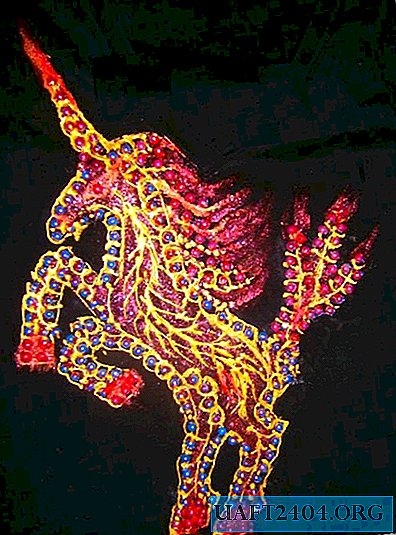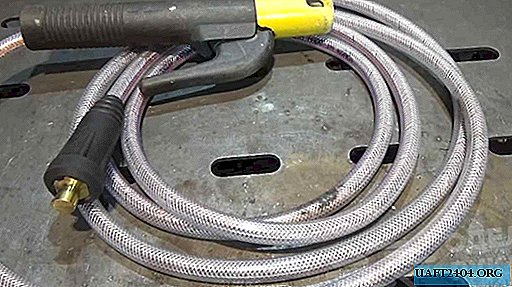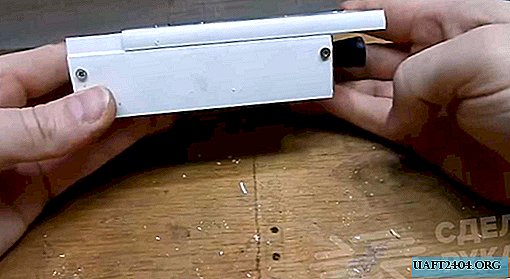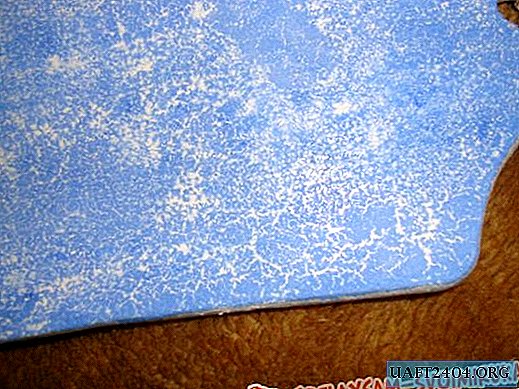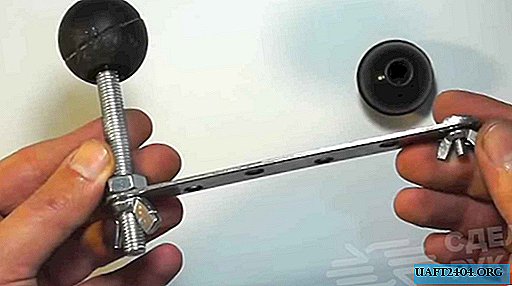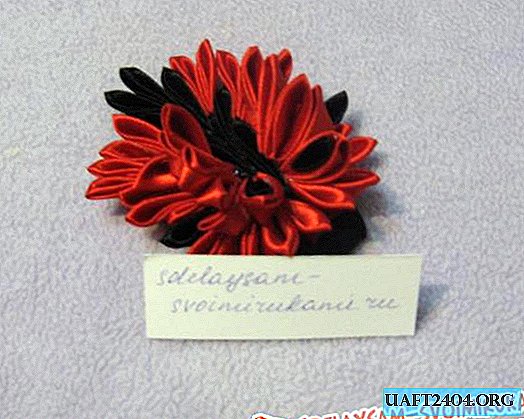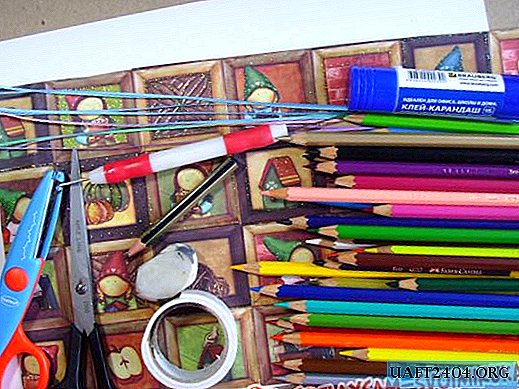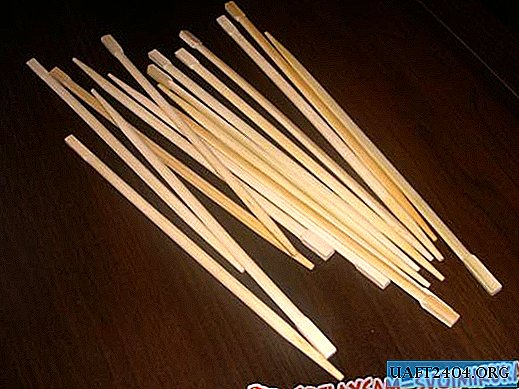Share
Pin
Tweet
Send
Share
Send
What you need for work. Depending on the chosen method, you will need:
- method 1 - foam ring, PVA glue, pins with heads and yarn for knitting;
- method 2 - cardboard circle, starch, yarn for knitting, transparent wide adhesive tape.
- Both methods are easy, and the child will cope with them.
Working process. The first method is with a foam ring. On the outer edge of the ring we stick pins with heads at a distance of about 2 cm from each other.
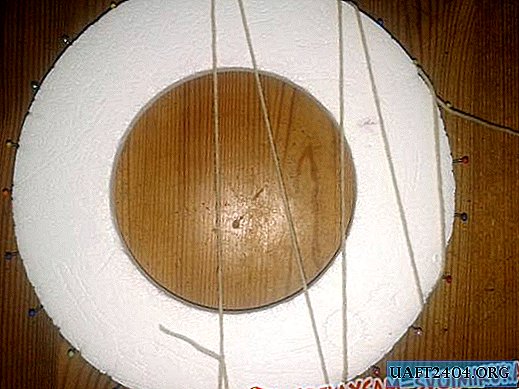
Threads are wound onto the pins in zigzags from top to bottom and left-right. Attention: not around the ring, but only around the pins. Pins hold threads like anchors. We wind it by rotating the ring in different directions so that the threads also lie in different directions.

When a fairly frequent weave is formed, we direct the thread into the needle and quilts the weave according to the darn method. So we give the product stability and weave strength. Do not get too carried away, it is enough to quilting in two or three directions. Anyway, the napkin will be glued with PVA glue.

To glue the workpiece, dilute the thick PVA 50:50 with water. Liquid glue does not need to be diluted. With a brush, we thoroughly coat all the weaves through and, without removing it from the pins, leave it to dry.

I took off a little earlier, so my first napkin took on a slightly wavy look, as my husband put it: a bunch of spaghetti. Upon drying, however, a napkin made from coarse unbleached yarn became pretty, right in the style of "rustic".
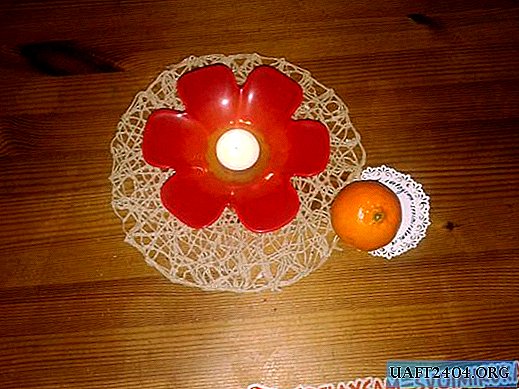

The second way - on a cardboard circle. To do this, cut out from a very dense cardboard a circle the size of a large dish. Actually, the dish will serve us as a template. Circled-cut. At a distance of two centimeters from each other, we make deep cuts, you can even make them in the form of denticles, as in the figure.

Looking ahead, I’ll say that it’s best to stick a wide tape around the circle: it will reduce the adhesion of threads and paper to zero. Otherwise, there is a risk, separating a napkin from the base, grab a couple of pieces of paper with it. They can be easily separated, but this does not happen with scotch tape. Filling the space in a similar way, wrapping around the teeth, it is time to move on to fixing the threads. But first check on the reverse side if all the cloves are “involved”, then they form pretty scallops from the loops. The same goes for pins - you need to check that not one pin is empty! Quilting, I repeat, looks like a darn. The photo shows how a needle with a thread dives under and above the threads.


We will grease the finished napkin with a paste cooked from starch. Proportions: 2 tbsp. tablespoons of starch per 200 g of water. I added a little scarlet acrylic paint to the finished paste - I wanted a bright scarlet napkin. And it turned out!


If you add blue, you get a blue napkin. Do not rush to paint the whole paste, put it a little in a bowl, and the rest can be painted in a different color for the next napkin. At one time, I got as many as three pieces of stylish, unusual napkins! Here is the third napkin just removed from the toothed template.

All of them are quite dense due to PVA glue or starch paste. But washing and using such wipes on wet surfaces for obvious reasons is not possible. Making non-woven woven napkins is a great pleasure! This is a great gift and a thing that is very useful in the decoration of a festive and everyday table.
Share
Pin
Tweet
Send
Share
Send

